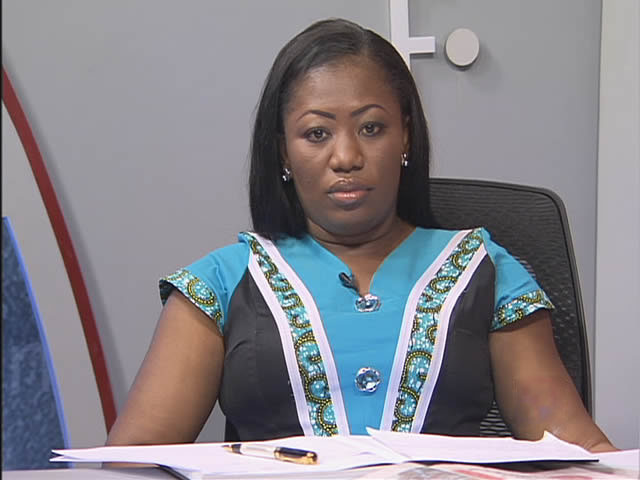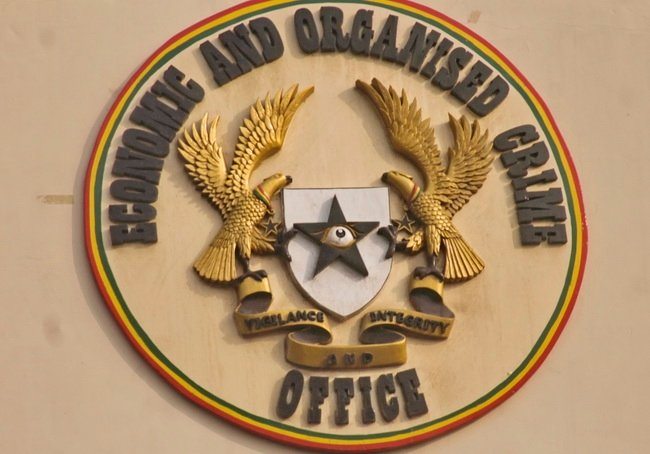Autonomous EOCO will fight graft better – Clara Kasser-Tee
Legal practitioner, Clara Beeri Kasser-Tee, has said for the Economic and Organised Crimes Office (EOCO) to better deliver on its mandate, it must be made autonomous.
The law lecturer said EOCO must be legally equipped with the ability to hire and fire in its own right, advertise positions, have interviews, appoint its staff, including the Executive Director and her deputies in order to achieve its anti-graft responsibilities.
Mrs Kasser-Tee made the comments when she moderated a stakeholders meeting organised by EOCO to share information about its operations to the public on Wednesday, July 10, 2019, in Accra.

Prof. Atsu Ayee, a political scientist, who was also at the meeting made comments to back the call for an independent EOCO.
Mrs Kasser-Tee said EOCO’s loyalty must be to the State and the people of Ghana, adding independence and security of tenure for its Directors will secure national gains for the anti-corruption fight.
“If you look at the legal framework of EOCO, the Executive Officer, her Deputy and all staff of EOCO are appointed by the President. All Board members – with the exception of two – are directly or indirectly appointed by the President.
In the case of the Executive Officer, he or she may be terminated ‘in accordance with his/her letter of appointment.’ There is, therefore, no security of tenure for the Executive Director of EOCO. Is it any wonder that there is little or no evidence of EOCO prosecuting current public office holders?” Mrs Kasser-Tee explained further.
She said it is counter-productive for EOCO to be chasing public officials deemed to have caused financial loss to the State after they have left office, terming it “closing the stable door only after the horse has bolted.”
“We must prosecute and punish former office holders for any crimes that they may have committed. But it is also important to prevent the loses from happening in the first place, whether it is current public officers, past public office holders or private persons, because it is hardly ever possible to retrieve the entire value of the amount lost, once the amount leaves the stable. Remember the Woyome case?” she said.
She said it is not whether EOCO can or cannot prosecute former public officers but how often they have done that that points to the inherent challenges.
“Remember that the past public officers were once current public officers. And those being prosecuted for alleged crimes relate to crimes allegedly committed while they were ‘current public officers’.
“It, therefore, makes sense that for an anti-corruption institution to succeed in preventing ‘economic and financial losses’, it should have the boldness and ability to investigate and pursue current and past public office holders as well as private persons. So let us not keep postulating on ‘whether they can or cannot’. Rather, let us look at how often they have- the facts. We need to revisit the powers of appointment,” she detailed in the explainer.
Meanwhile, Mr William Nyarko, the Executive Director of ACILA, who also attended the one-day event noted that the independence for EOCO must be provided by law and practice.
“We need to change the law that says EOCO must submit its reports to the Minister. That must change,” he said.



